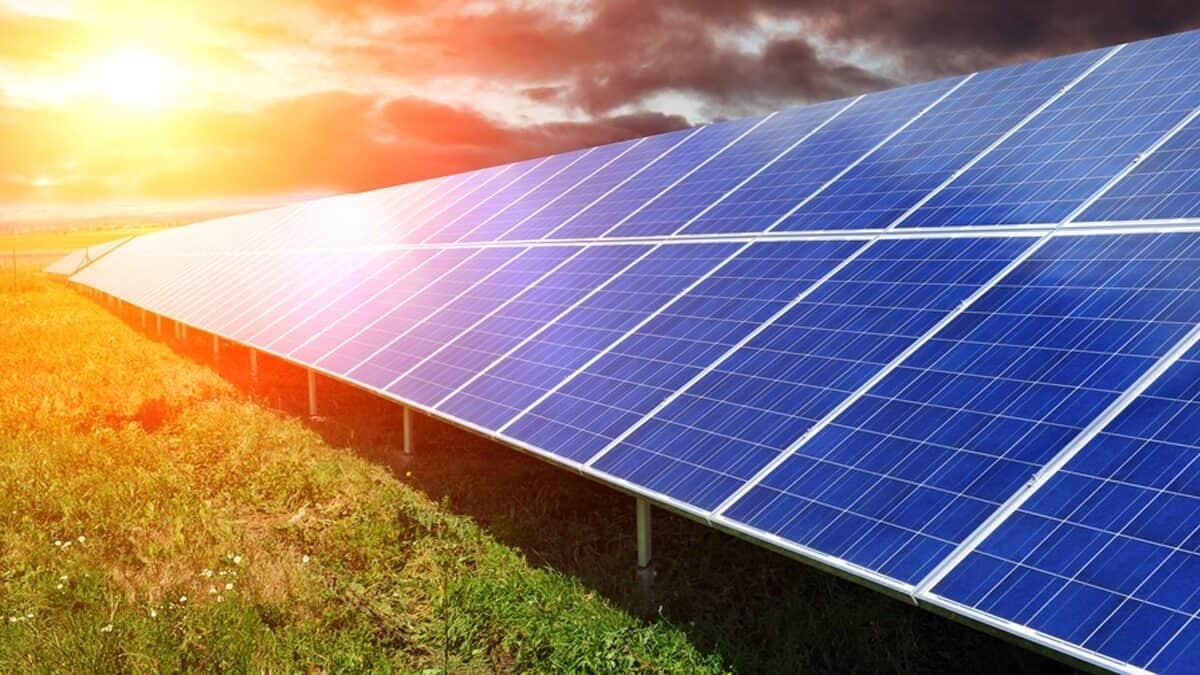Power Grid
TURKISH COMPANY AVOIDS EUROPEAN CARBON TAX WITH SOLAR POWER PLANT IN KOSOVO.
Irene Jerry

A Turkish company is investing in building a solar power plant in Kosovo to avoid a European carbon tax on its ferronickel plant's exports to the domestic market. Yıldırım Energy announced the laying of the foundation stone of Kosovo's 150 MW solar park, according to a report seen by the Washington-based Specialized Energy Platform. The European carbon tax is a duty imposed by the EU on imports from abroad, starting in 2026, as part of a plan dubbed the "Carbon Adjustment Mechanism / CBAM," which is the first of its kind in the world. It is expected to affect the cost of products imported from industries, especially those with heavy emissions such as steel, cement, aluminum, fertilizers, and power generation.
One of the most important targets of the European carbon tax is to cut greenhouse gas emissions by 55% by 2030, after EU countries raised the rate from 40%. Turkey suffers from the scarcity of traditional energy resources, such as gas and oil, and pays huge sums annually for the import bill. Therefore, it has recently intensified its activity in general to build renewable energy projects to save the cost of imports and achieve energy security. In early May, Turkish Treasury and Finance Minister Mehmet Şimşek announced his country's intention to invest $100 billion in renewable energy projects over the next 10 years.
Turkey's Yildirim Energy is investing 43 million euros ($46.4 million) in a solar power plant in Kosovo's Glogovic region, also known as Glogovic & Drinks, which is the company's first project in the first phase of a renewable energy park in the town. The company is affiliated with the Turkish Yildirim Group, which announced that it aims to generate 109 megawatts in the first phase, and that it will exploit that electricity by operating the ferronikeli nickel plant in the local market. Using Kosovo's solar power powered by a nickel iron plant, the Turkish company can pay the European carbon tax on its exports to the bloc.
